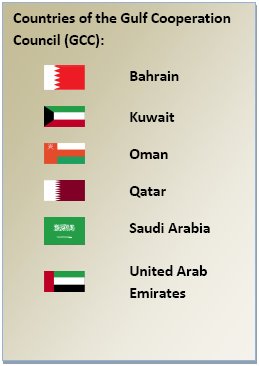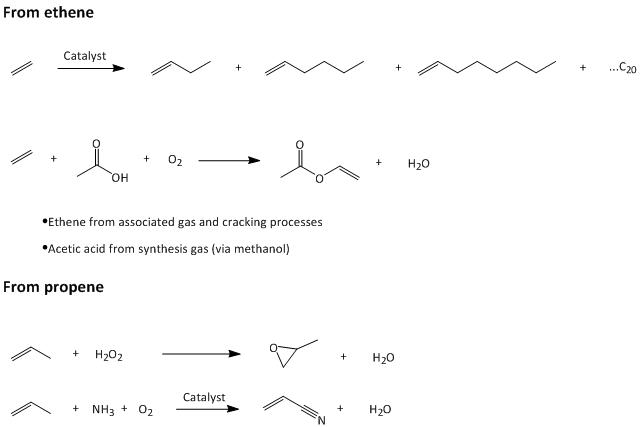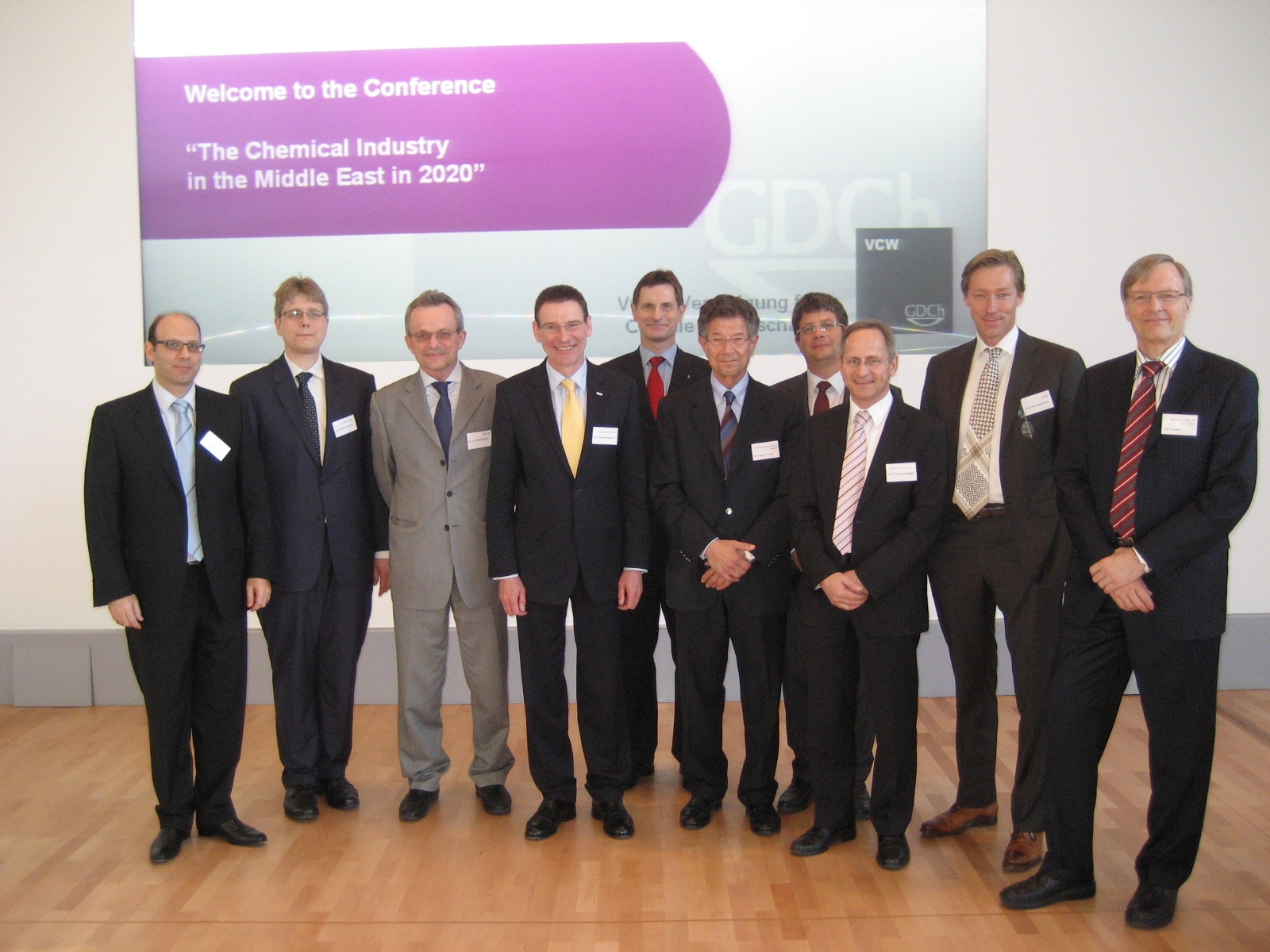The Keys to Success
To succeed in establishing a chemical endeavor in the Middle East, a partnership based approach is paramount. “First make sure you both want to get married, then go to the mayor,” says Koos van Haasteren, to illustrate this idea. Van Haasteren has much experience of business practices in the Middle East from his role as Vice President of the polyethylene business unit of the Saudi Basic Industries Corporation (SABIC), a manufacturer of chemicals, fertilizer, plastics, and metals, based in Saudi Arabia.
Speaking at the Chemical Industry in the Middle East in 2020 conference, hosted by Evonik in Essen, Germany, he explained that traditional business practices have less chance of winning over clients, when the clients are not only interested in profit margins, but in the development of a region.
As the main recurring point throughout the day, it was emphasized that in the Middle East, investment opportunities go hand-in-hand with the desire to establish a long term partnership based on common goals.
Other factors considered to be keys to success were:
- Establishing a presence and reputation
- Creating a win-win situation
- Bridging the cultural gap
- Development of a strategic vision
- Flexibility
- Managing risk and expectations
Benefits on Both Sides
The Gulf Cooperation Council (GCC) was established in 1981 to promote the idea of partnerships, encouraging cooperation within the private sector and the formation of joint ventures. Other chief goals were to foster scientific research and development – leading to diversification of the region’s economy, the consolidation of regulations, and establishment of a common currency. But despite these aims and the government backed schemes designed to achieve them, not all European chemical companies have been able or willing to maximize market opportunities in the GCC.
European companies are keen to engage in the area due to abundant feedstocks providing a source of low cost raw materials, an investment friendly environment, supply chain logistics, and emerging consumer markets, while their GCC counterparts are looking for economic diversification, an expanding/flourishing job market and local, long term sustainability of energy and knowledge. The partnership based approach creates a win-win situation for all involved, but remains to be fully capitalized on by many in the chemical industry.
Industry Success in the Region
The industry leaders attending the conference revealed, unanimously, that they feel the chemical industry failed to realize the potential of the region to the extent it could have. And when asked, “Does your company have a vision and clear strategy for the Middle East?” – a 50/50 split was returned with people pointing to good growth in the last 15 years as evidence that their current strategies are working while others questioned whether there could ever be a clear vision for the area. This served to accentuate van Haasteren’s point that companies need to remain flexible and opportunistic in their approach, but unless you have a partnership you will not get to see the opportunities, as they are shared with existing partners rather than newcomers.
The flexibility in approach and business plan was also examined by Alexander Keller, from Roland Berger consulting agency, Duesseldorf, Germany, who stated that the region is too diverse for companies to employ a ‘one size fits all’ strategy.
Local Job Market
A point examined by Hubert Bader, ChemAdvice AG, Kelkheim, Germany and Heinz Zimmermann, Linde Engineering, Munich, Germany, was the appeal of encouraging specialty chemistry industries to the region in terms of local job market growth. A $1M investment in refining and cracking creates 0.5 jobs while the same investment in a downstream process can create 50–200 jobs. This development strategy, not only creates the much needed growth of the local job market, but is an attractive alternative to building more cracking plants in the Middle East.
Additional cracking units would further contribute to an already oversaturated polyolefin market. The Middle East is already the dominant exporter of polyolefins to the Asia Pacific region and Europe, where antidumping measures are already in place. To expand in these regions the Middle East needs to diversify the products available for export. Presence of downstream conversions industries based in the Middle East, would also increase the domestic market demand for polyolefins.
Specialty Chemistry
By creating integrated refinery-chemistry sites and identifying key specialty chemicals in the C2–C3 fraction, the industry is still positioned at an early stage of the petrochemical value chain, but in a way that allows for diversification and expansion of the chemical industry while protecting smaller cracking plants in Europe that would not be able to compete with additional Middle Eastern plants with access to cheaper raw materials.

Prime synthetic targets identified by Bader included linear alkenes, vinyl acetate monomers, epoxides, acrylonitrile, and PVC. Considering the current antidumping measures that are a limiting factor for the growth of the polypropylene and polyethylene export markets, the need to diversify seems clear. However, when asked if he and his company got positive feedback on their ideas, Bader replied, “Yes, mild interest but [there are] possible mental hurdles [to things] that aren’t standard the procedures of the last 20 years.” He continued by saying that he is seeing the industries are, “beginning, but not fully developed yet – it takes time to convince people that [this] is the future.”
Organized by the Association for Chemistry and the Economy (VCW) and the German Chemical Society (GDCh) and aimed at leaders of the German chemical industry, the conference brought together speakers from a range of chemical, engineering and investment companies. The theme was explored in depth by looking at establishing partnerships or joint ventures and the unique problems, challenges and rewards they bring.





